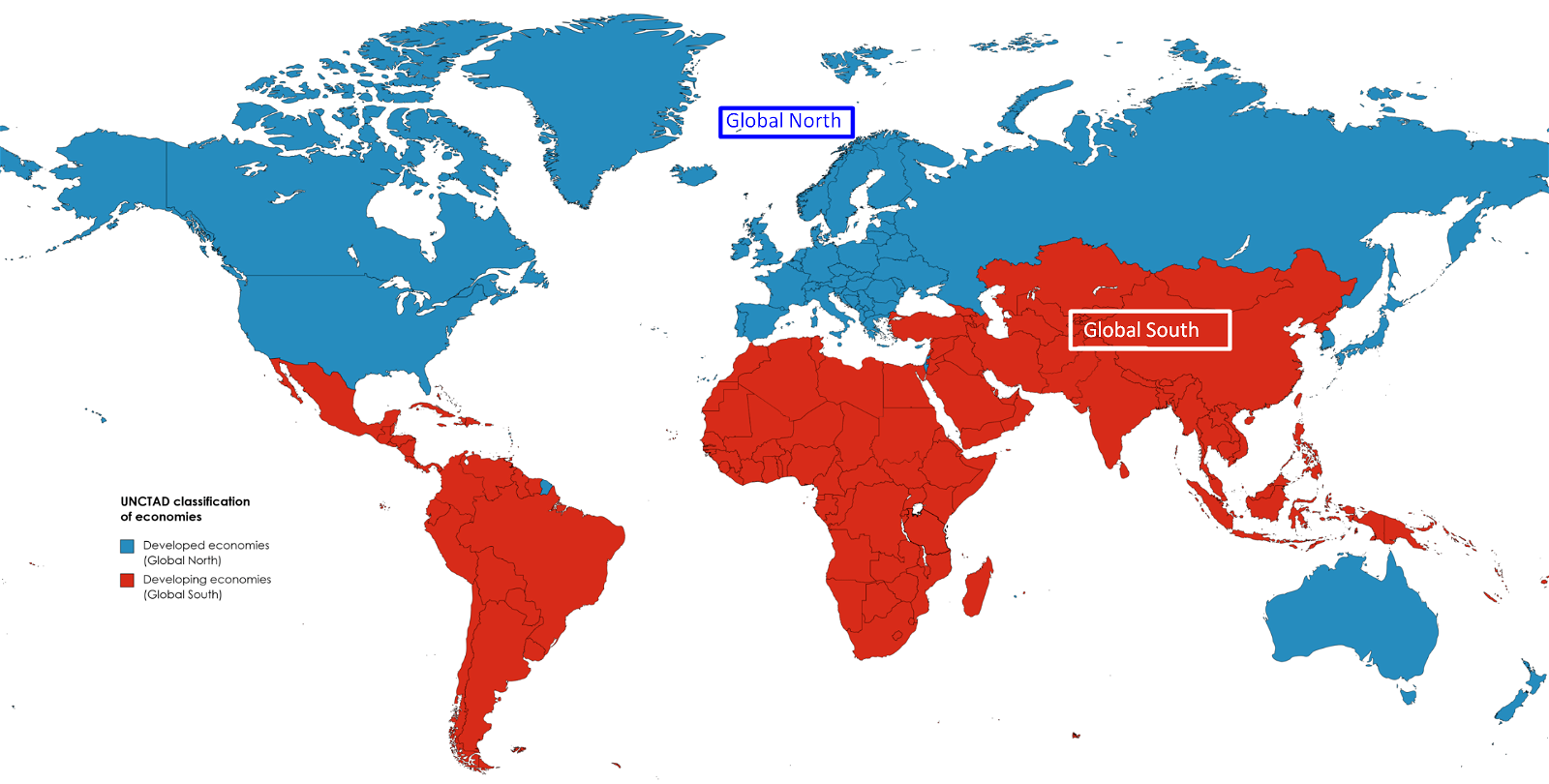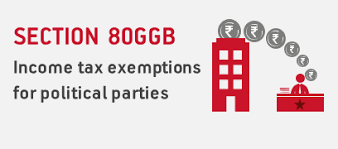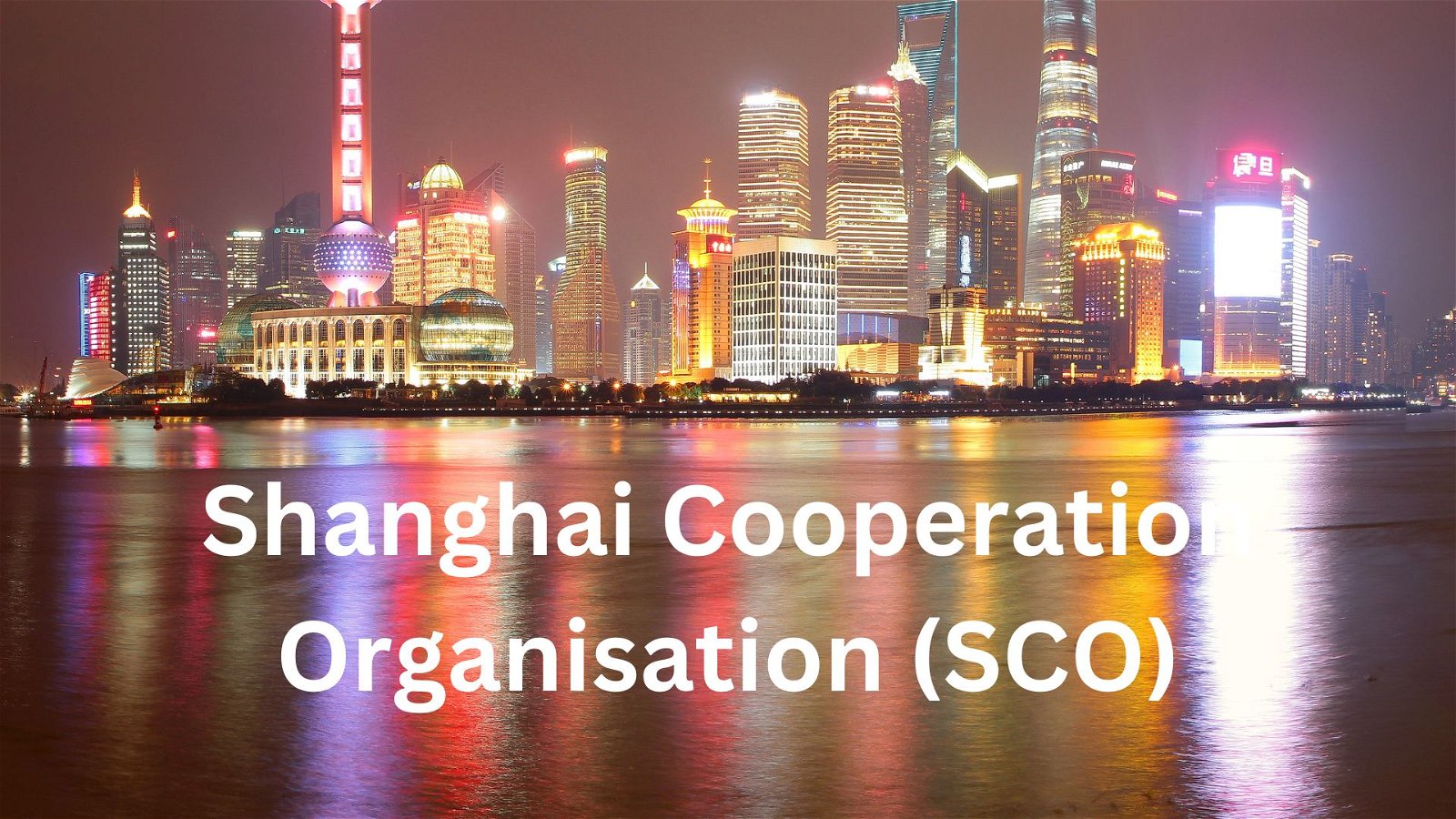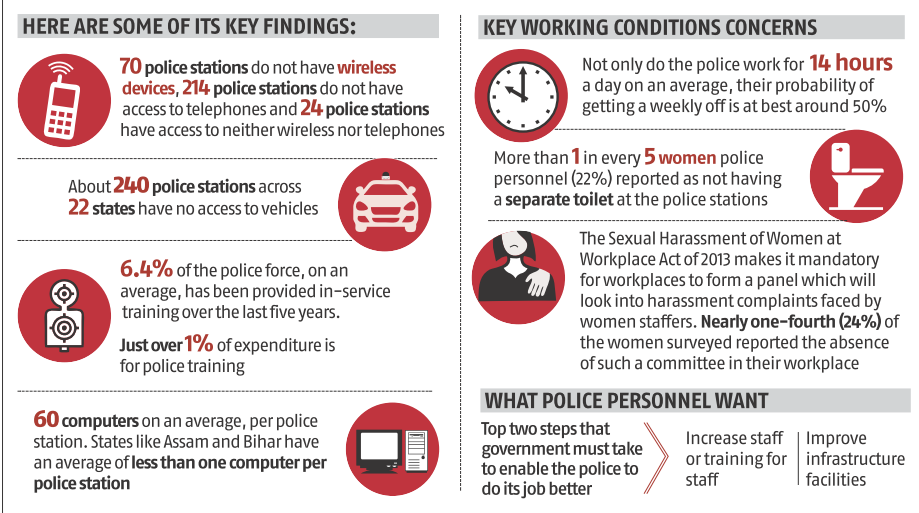
Evolving Geopolitics of Global North and South
Subscribers of "Current Affairs" course can Download Daily Current Affairs in PDF/DOC
Subscribe to Never Miss an Important Update! Assured Discounts on New Products!
Must Join PMF IAS Telegram Channel & PMF IAS History Telegram Channel
- Context (IE): The World Economic Forum annual meeting was in Davos, Switzerland, and NAM & G77 summits occurred in Kampala, Uganda.
- The Davos Summit symbolised the world’s rich and powerful global north, and the underprivileged global south met at Kampala (Uganda).
- Global South, often used in contrast to the developed Global North, are countries characterised as “developing”, “less developed”, or “underdeveloped”.

- Both face a shared problem of dealing with structural changes in the international system.
- The old slogans of globalism in Davos and collectivism of the Global South in Kampala are no longer credible or sustainable.
Evolution of a US-led Peaceful Order
- The Fall of the Berlin Wall collapsed in 1989, and the Soviet Union in 1991.
- The end of the Cold War was followed by a period of relative harmony within the excellent power constellation dominated by the US.
- The Washington Consensus encouraged the free movement of capital, goods, and labour.
- It also led to the redistribution of global economic activity to take advantage of cost differentials and policy permissiveness.
- New political ideas of global governance matched this economic transformation.
- It was rooted in the conviction that supra-national institutions that transcend sovereignty were necessary to manage the growing economic integration and collective threats like climate change.
Challenges to US-dominated Global North
- The elitist and hyper-global worldview of the global North produced a nationalist reaction.
- The long peace between major powers has ended with the war in Ukraine.
- The rise of China aggravated the failure to address the political resentments of post-Soviet Russia.
- A new alliance between Russia and China is the greatest challenge for the West since World War II.
- Mounting tensions in East Asia driven by China’s muscular regional policies and a revitalisation of US alliances have added to it.
- Protection and nationalism in America, China’s weaponisation of economic interdependence, particularly global institutions, immigration, and climate activism, posed significant challenges.
- Israel’s war on Gaza, the Houthi attacks on the Red Sea, and the US bombing of Houthi bases complicated the situation in the Middle East.
Decline in the relevance of NAM and G77
- Both had a long history of solidarity and collective bargaining but limited accomplishments.
- Regional institutions of ASEAN and the African Union are more consequential than the NAM or G77.
- BRICS, with more significant political impact, have co-opted some of the traditional agenda of NAM and G77.
- Further, the presence of Russia in the BRICS muddies the old North-South framework.
Non-Alignment Movement
|
Group of 77 (G77)
|
Contrasting agendas of China and India
- China and India will be represented at the ministerial level in both Davos and Kampala.
China
- China presents itself as the champion of the Global South.
- Several initiatives, including the Belt and Road Initiative (BRI), Global Development Initiative (GDI), Global Civilisation Initiative (GCI), and Global Security Initiative (GSI), reflect Beijing’s determination to mobilise the Global South in rearranging the global order on Chinese terms.
India
- India aspires to reclaim its traditional role in the NAM and G77.
- While China aims to revise the global economic order, India focuses on integration and reform.
- India sees itself as a bridge between the North and the South.





![PMF IAS Environment for UPSC 2022-23 [paperback] PMF IAS [Nov 30, 2021]…](https://pmfias.b-cdn.net/wp-content/uploads/2024/04/pmfiasenvironmentforupsc2022-23paperbackpmfiasnov302021.jpg)










